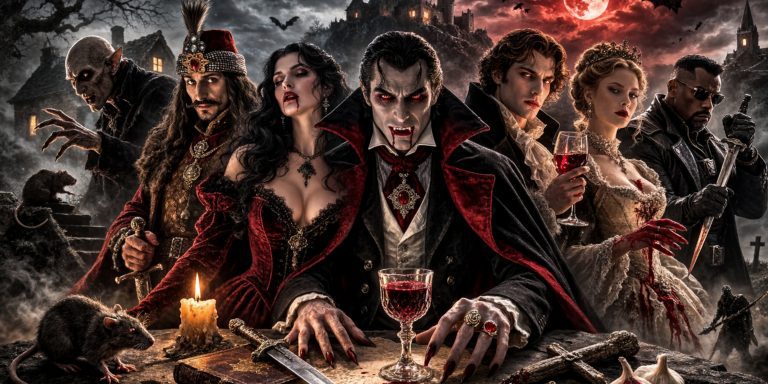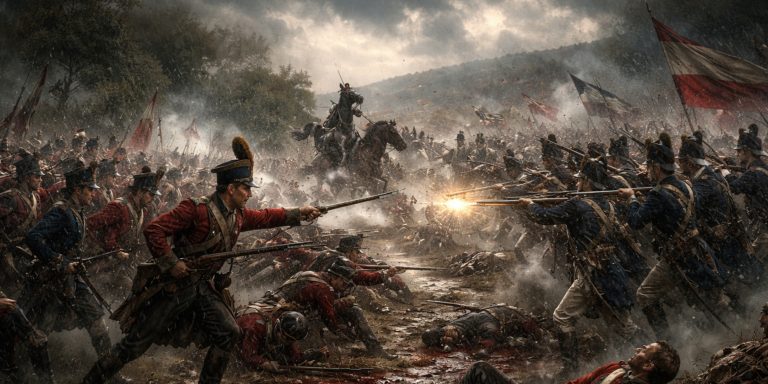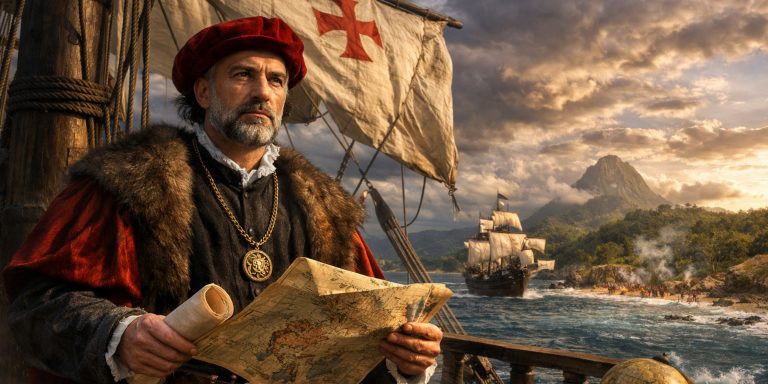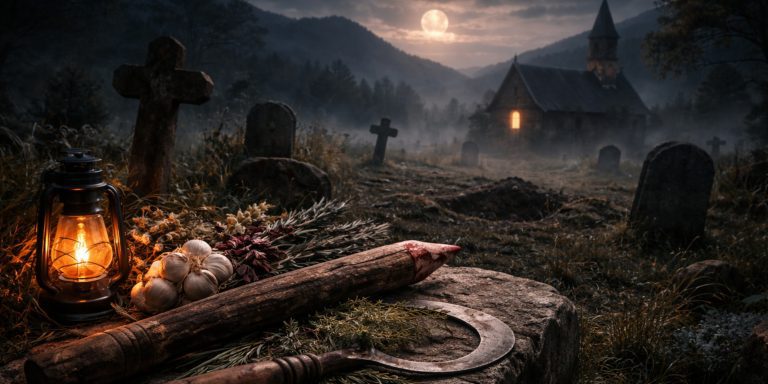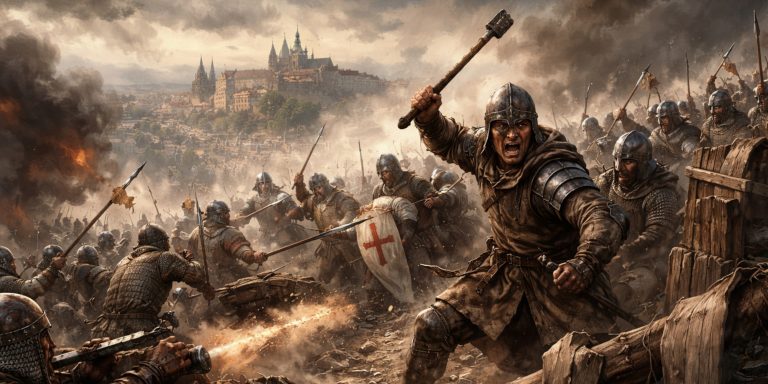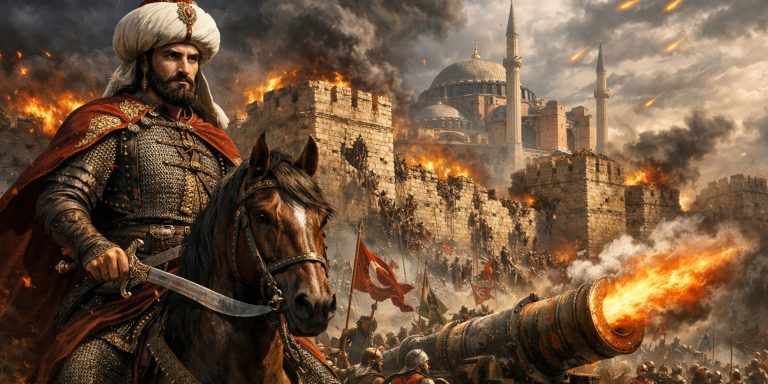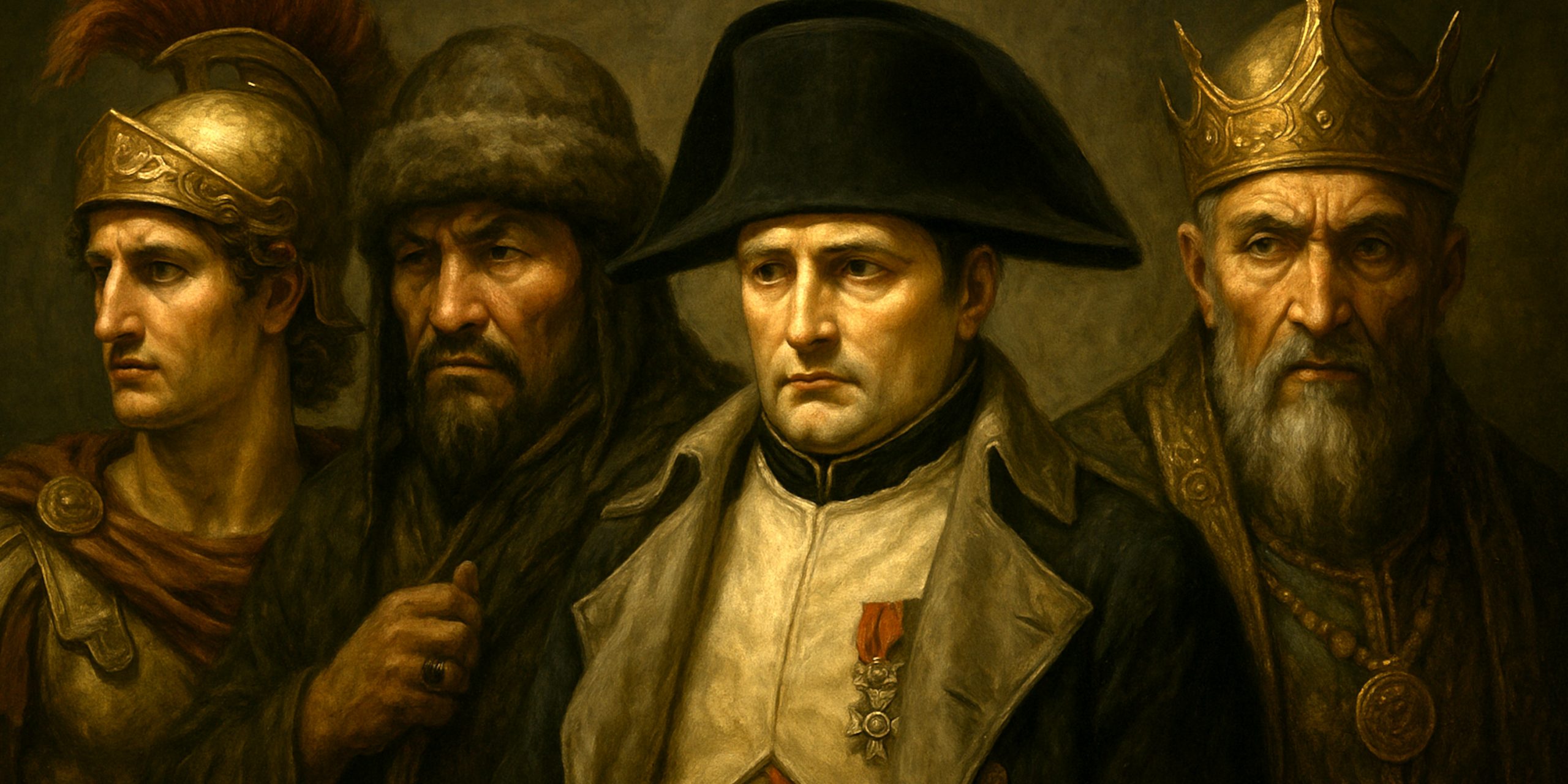
History tends to polish its conquerors until they gleam. Alexander is remembered as a visionary, Caesar as a genius, and Napoleon as a master of Europe. Yet for every triumph carved into marble, there is a shadow lurking in the chronicles. These men were brilliant, but they were also ruthless, and often their greatest achievements were purchased with deeds best left out of the official record.
Alexander the Great: Visionary and Arsonist
Alexander is cast as the golden boy of conquest, tutored by Aristotle and undefeated in battle. He spread Hellenistic culture from Greece to India and forged one of the largest empires of the ancient world.
But behind the heroic image was a man prone to rage and excess. At Persepolis, the ceremonial capital of Persia, he famously ordered the city set ablaze after a night of drunken revelry. Whether it was vengeance or sheer impulse, the destruction was cultural vandalism on a monumental scale.
Plutarch wrote: “Alexander was overcome with wine, and at the suggestion of a courtesan, set fire to the palace of Xerxes.”
Julius Caesar: Reformer and Butcher
Caesar was Rome’s consummate statesman and general. He expanded the Republic’s borders, restructured government, and his very name became synonymous with power.
Yet his Gallic Wars tell a darker story. Caesar’s victories came at the price of entire tribes annihilated, villages burned, and survivors sold into slavery. His own writings present these campaigns as clean triumphs, but they gloss over calculated brutality.
Caesar himself admitted in his Commentaries: “Of the 430,000, scarcely 110,000 survived.”
Genghis Khan: Unifier and Terror
Genghis Khan forged the Mongols into the most formidable military machine of the medieval world. His empire stretched across Asia, linking cultures through trade, law, and unprecedented mobility.
But Genghis also turned fear into a weapon. When cities resisted, he ordered their destruction and left survivors to spread tales of horror. His genius was as much psychological as military.
The Persian chronicler Juvayni noted: “In the space of one hour, a hundred thousand people were slain.”
Napoleon Bonaparte: Genius and Manipulator
Napoleon rose from obscurity to command Europe, defeating coalitions of kings and rewriting the art of war. His reforms modernised law, administration, and education.
But the emperor was as much a master of propaganda as of artillery. He censored newspapers, staged portraits, and spun disasters into tales of endurance.
As he told his council in 1809: “What is history but a fable agreed upon?”
Timur the Lame: Patron and Monster
Timur wanted to rival Genghis Khan. He was a patron of architecture and the arts, building Samarkand into a jewel of Central Asia.
Yet after capturing cities, he often ordered towers of skulls to be built from the dead. These grotesque monuments were intimidation carved in bone.
Arab historian Ibn Khaldun recalled: “Where Timur passes, the earth trembles and the sky weeps.”
Attila the Hun: Scourge and Blackmailer
Attila became a near-mythical terror to the Romans. He united the Huns, threatened the very heart of the empire, and demanded respect at every court he entered.
But his real power lay in tribute. The Eastern Roman Empire paid him vast sums of gold to keep his armies at bay, effectively turning him into history’s most feared extortionist.
Ammianus Marcellinus described him: “He was a man born into the world to shake the nations, the scourge of all lands.”
Shaka Zulu: Innovator and Tyrant
Shaka transformed the Zulu into a fearsome military state with new weapons and disciplined regiments. His tactics changed warfare across southern Africa.
Yet his rule was marked by brutality. Warriors who faltered could be executed, and entire communities were uprooted by his campaigns.
Oral traditions recall him as: “The one who makes the earth tremble with his footsteps.”
Charlemagne: Father of Europe and Executioner
Charlemagne united much of Western Europe, was crowned Emperor in 800, and encouraged learning and reform. He is often remembered as the father of Europe.
Yet his Christian piety had a violent edge. During the Saxon Wars, he demanded conversion at swordpoint. The Massacre of Verden in 782, where thousands were executed for refusing baptism, remains a dark stain on his reign.
The Royal Frankish Annals report: “By the king’s command, four thousand five hundred men were put to the sword.”
The Price of Conquest
Every conqueror wore a mask of brilliance. They inspired loyalty, reshaped the world, and dazzled contemporaries with their vision. But peel back the layers and their empires were founded on violence, manipulation, and fear.
To admire their genius is fair. To forget their cruelty is dangerous. The dark secrets of conquerors remind us that history’s most celebrated figures were as human, flawed, and ruthless as anyone else, only with more horses, soldiers, and ambition than most.

